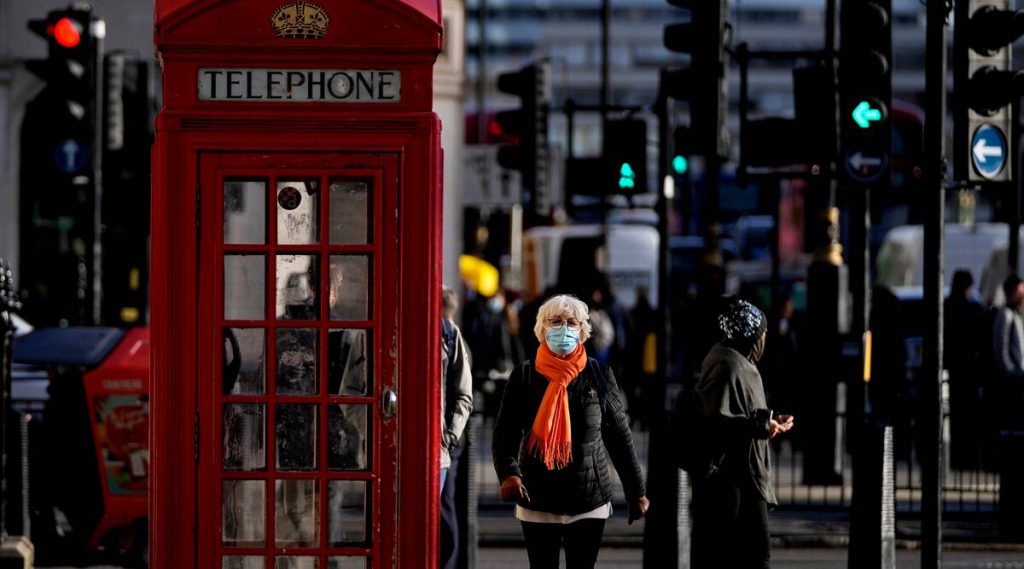On Monday, the UK recorded 98,515 new COVID-19 cases and 143 deaths in the previous 24 hours (local time). According to official data given by the UK government, the country has registered 763,295 illnesses and 742 deaths in the last seven days.
Following the introduction of the new variation, the UK has been reporting the highest single-day COVID-19 infections in the world for several days.
The Omicron variety is spreading throughout the country at an ever-increasing rate. In response to the increased number of instances, the UK’s National Health Service has announced that all adults are now eligible for a COVID-19 booster dose.
According to the NHS, the booster helps provide longer-term protection against becoming very ill from COVID-19.
Meanwhile, the government of the United Kingdom is advising residents to get vaccinated. “We know two jabs aren’t enough protection against Omicron,” UK Prime Minister Boris Johnson said in a tweet on Monday. “Whether it’s your first, second, or booster jab, I urge you to book an appointment now.”
“Most importantly I urge everyone to get their first, second or booster jab without delay to protect yourselves and your loved ones.” Johnson said, referring to the increased incidence of Omicron cases.
According to an Associated Press story, the French government announced new COVID-19 measures on Monday in an effort to halt the spread of the coronavirus, but stopped short of imposing severe restrictions before New Year’s Eve.
Large gatherings will be limited to 2,000 people indoors and 5,000 people outdoors starting next week.
According to the Associated Press, French Prime Minister Jean Castex said that people will be asked to sit down during concerts and that consumers will not be permitted to stand up in bars.
Eating and drinking will also be prohibited in cinemas, theaters, sports facilities, and public transportation, including long-distance routes, according to him. Employees whose jobs allow it will be required to work from home at least three days per week, and the new restrictions will be in effect for at least three weeks.
For the first time in the pandemic, the French government took this measure after the country registered more than 100,000 viral infections in a single day.
From his vacation home in Fort de Bregancon on the French Riviera, President Emmanuel Macron reportedly convened a special virus videoconference with senior government officials.
The new rules, however, are less stringent than those enacted in December, when the country was subjected to a nightly curfew.
Meanwhile, the French government intends to speed up the country’s booster vaccination campaign by cutting the time between shots from four to three months.
It also introduced a law on Monday to create a “vaccine pass” which would allow only vaccinated people to enter public areas like as restaurants, pubs, and movie theatres. Next month, the bill will be considered in Parliament.
